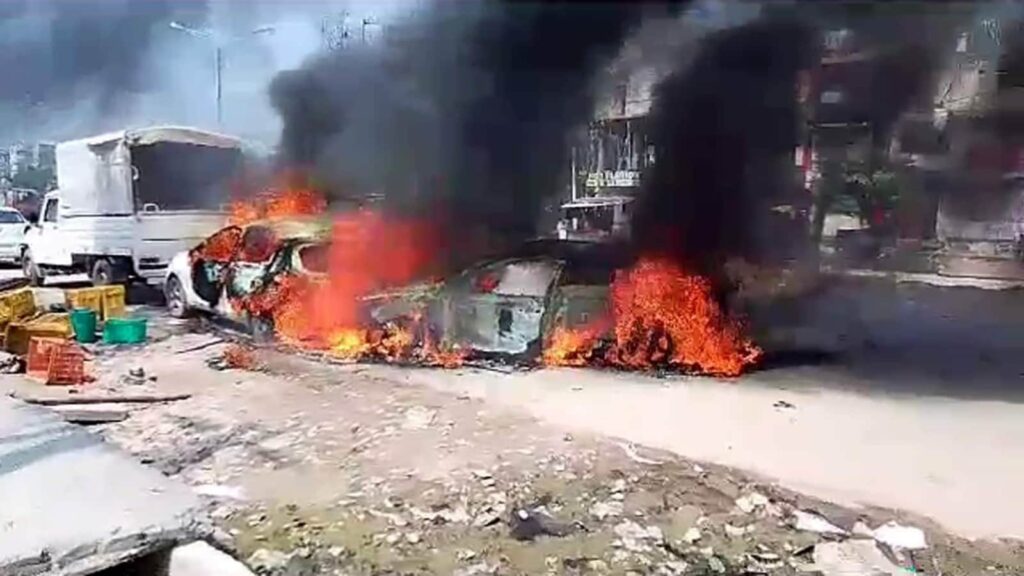In every country, including India, the Capital is among the most sensitive of installations, protected by layers upon layers of security. Hence, if the fringes of a Capital get singed by communal clashes a month before it is hosting 20 heads of State, hard questions need to be asked of the Haryana administration, which appeared to be scrambling on Monday night as rampaging mobs swept through the streets of Nuh, Sohna and even Gurugram, killing two home guards and other people. That danger was building up was apparent days ago when Mohit Yadav or Monu Manesar — despite being wanted in a string of serious cases, including in the murder of two Muslim men in Bhiwani, he remains miraculously at large — released a video confirming his presence at a religious rally, but the authorities did nothing. Did the administration not know about the video? Why was Mr Yadav not picked up? Why was the planned rally allowed to go ahead despite the volatile situation in Nuh? Did the administration not know that Muslims from neighbouring areas were being mobilised as a response to the rally? Was the intelligence gathering so poor that the administration didn’t know of the powder keg it was sitting on?
Reports say the violence first began in Nuh chowk around 2 pm, but that it quickly spread as both sides mobilised armed men who burnt down vehicles and shops. Several shots were also fired, and many of the victims were seen to have gunshot wounds. This raises further questions about the police. Why were the police taken by surprise by the widespread use of guns on Monday night? And could more forces not be rushed in before late Tuesday morning, by when the violence had reached the Capital’s doorstep?
The truth is that such a pattern of action (or inaction) has become routine for administrations that choose to not be proactive in putting out communal fires but allow tensions to simmer, usually out of short-term political considerations, only stepping in at the last possible moment, and often after it is too late. In the absence of administrative and political cues, it has also become difficult to see the police acting independently in forestalling violence. This is not mature governance. Not only does it harm lives and property, it causes irreparable rupture to the social fabric, which may yield immediate political gains but inflict long-term damage. Unless accountability is fixed for such cases of violence and administrations act sincerely and in consonance with the law, there will be no stopping such conflagrations.
Experience unrestricted digital access with HT Premium
Explore amazing offers on HT + Economist


